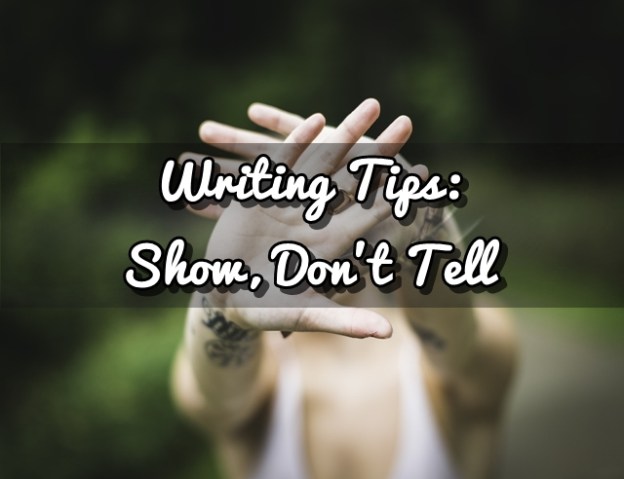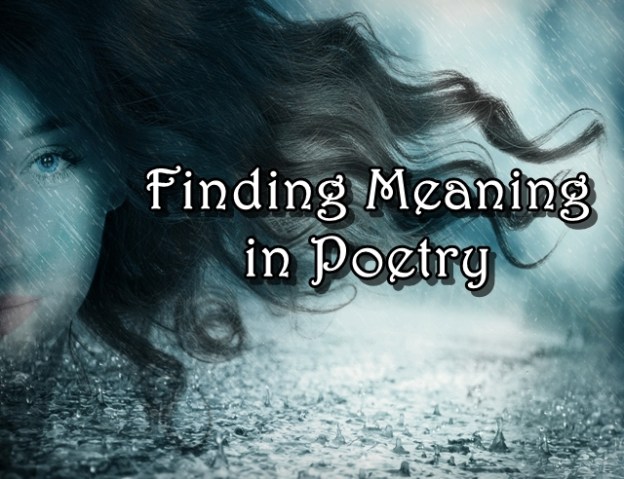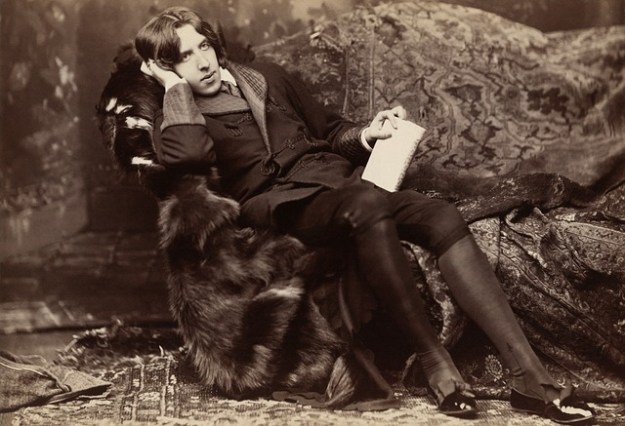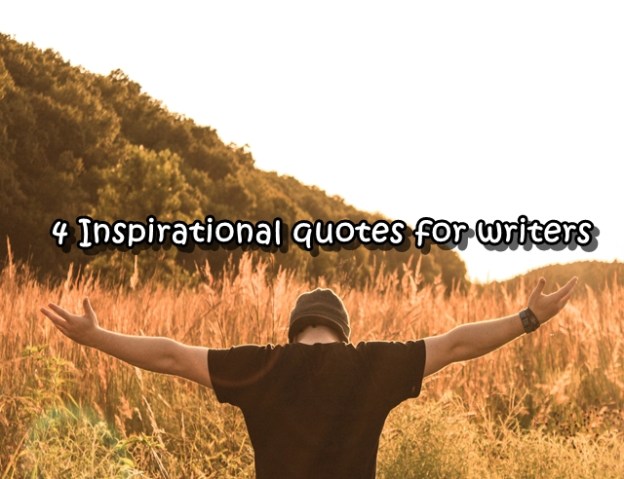There are few things in the world as weird as being a writer. We pour ourselves into our work, giving it everything we have, pushing through rejection, overcoming one barrier after another, hoping our work will be noticed. In this strange and taxing pursuit, it’s important that we hold onto some truths that can keep us centered, inspirational quotes for writers that will remind us why we write.
Sometimes, the best place to find those truths is in movies.
Four Movie Moments for Writers
There are lots of movie moments that I hold in my head because they inspire me. Here are four movies and their inspirational quotes for writers that I’ve leaned on this week:

Quote #1
Are you crying? Are you crying? There’s no crying, there’s no crying in baseball!
—Jimmy Dugan in A League of Their Own
Following a bad play, the coach of the Rockford Peaches, Jimmy Dugan (played by Tom Hanks), yells at one of his players. As he walks away, the player begins to cry. Jimmy turns on the player and delivers this iconic quote.
There lots of things about writing that makes me want to cry. This week, for example, one of my books was given a very honest three-star review that exposed all of the book’s flaws.
It wasn’t that I didn’t know the flaws were there. I knew they were there. I had just hoped no one else would see them. When the critic laid them bare for the world, I wanted to cry.
What I love about the Jimmy Dugan quote is that there is profound truth behind it. Tears may feel good in the moment, but wallowing in them can blind us to truths we need to hear. In writing, just like in baseball, we need to accept our mistakes, learn from them, and get back out on the field and play the next inning.
We can be sad for a moment, but there is work to be done and we are the ones that need to do it.
Maybe it’s not a critic making you want to cry. Maybe you lost NaNoWriMo this year? Or maybe you are dissatisfied with your own work? Or maybe life is making it difficult to find the time to crank out the words.
Whatever the stressor is, just remember the words of Jimmy Dugan. Stiffen your upper lip, look in the mirror, and say, “Are you crying? There’s no crying. There’s no crying in writing!”

Quote #2
In this life, you don’t have to prove nothin’ to nobody but yourself.
—Fortune in Rudy
In the movie Rudy, Fortune (Charles Dutton) is a wise groundskeeper and mentor to the movie’s protagonist. In one scene, Fortune finds Rudy (Sean Astin) skipping football practice. When Fortune asks Rudy why he wants to quit, Rudy explains that he quit because he wasn’t going to be able to play in the upcoming game and therefore wasn’t going to be able to prove the world that he had made it.
Fortune responds by reminding Rudy that he has zero talent and shouldn’t even be playing the game. Then he delivers the amazing line, “In this life, you don’t have to prove nothin’ to nobody but yourself.”
I’ve published four novels and close to a hundred short stories, and still, I see the achievements of others and wonder when I’m going to become a “real writer.” I envy the money other writers make, the acclaim they get, and the attention from our peers. I envy the speed at which they publish, the advertisements they run, and the podcast interviews they do.
In these moments, I find myself in Rudy’s shoes, feeling like I should quit because the recognition I desire feels unattainable.
It’s in those moments when I need Fortune’s quote the most. I need to be reminded that I don’t do this for the praise of the crowd. The crowd is fickle and their attention is fleeting. Pursuing it is like chasing a snowflake. Even if we catch it, it disappears as quickly as it came.
We can’t work hoping for affirmation from the crowd. We need to do our work and do it well, knowing the only person we need to prove anything to is ourselves.
“
Keep writing. You don’t have to prove anything to anyone but yourself.

Quote #3
Do you really want to get him? You see what I’m saying. What are you prepared to do? And then, what are you prepared to do?
—Jim Malone in The Untouchables
In the movie The Untouchables, Jim Malone (Sean Connery) is a streetwise beat cop in Chicago. He is approached by Treasury Officer Elliot Ness (Kevin Costner) and asked to join Ness’s team that is going to hunt the notorious gangster Al Capone. Malone pulls Ness into a church where they can talk quietly.
Sitting in the pews, Malone asks Ness this iconic question: “What are you prepared to do?” When Ness responds, “Everything within the law,” Malone shoots back, “And then what are you prepared to do?”
While we aren’t hunting down mob bosses, we shouldn’t kid ourselves about the difficulty of the task before us. Creating art that is noticed and makes a lasting impact is hard. Few succeed. Even fewer are remembered.
It demands hard work and sacrifice. There will be late nights and early mornings no one will applaud you for. There will be pages and stories and characters you pour yourself into that no one will appreciate. And if you succeed and someone reads your stuff, there will be criticism and rejection.
This is no easy task ahead of us.
We need to remind ourselves of this so that when things get hard, we aren’t surprised. With each barrier we face, we need to keep Malone’s voice in the back of our mind.
We need the old, grizzled voice of wisdom challenging us, refusing to let us be naive. We need the questions, “What are you prepared to do? And then what are you prepared to do?” routinely put to us so that we don’t forget that, though the road is difficult, the journey is worth the sacrifice.

Quote #4
You think we need one more? You think we need one more. Alright, we’ll get one more.
—Danny Ocean in Ocean’s Eleven
In the movie Ocean’s Eleven, after assembling ten members of their team, Danny Ocean (George Clooney) and Rusty Ryan (Brad Pitt) are sitting in a bar watching TV. As a boxing match plays on the screen in front of them, Danny asks Rusty, “You think we need one more?” I love this quote because it reminds me that getting the right team around us is critical to our success.
It is tempting to think of writing as a solitary thing: you and your keyboard alone in an empty room. That image couldn’t be farther from the truth.
While writing does require a lot of isolated work, it can’t be done without a team of people around us. No one makes art alone. We need other writers to bounce ideas off of and give us honest feedback. We need team members to work alongside as we strive together to get our work noticed.
Just this week I listened to an online course presented by Joe Bunting and Ruthanne Reid. Three years ago, I met them when I joined the Becoming Writer community. The impact they have had on my work by encouraging me, giving me feedback, and teaching me what it means to be a writer is priceless. I wouldn’t be the writer I am today without them.
I’m glad that when I started this crazy journey, I had Danny Ocean in the back of my mind asking, “Do you think we need one more?” The answer is yes.
The good news is, if you don’t have a group of writers you are working alongside, you can find them right here by joining the Becoming Writer group.
Your Writing Inspiration
Becoming and being a writer is a strange journey. We need to keep ourselves grounded with things that inspire us.
I’ve shared with you four of my inspirational quotes for writers. Now you share a few of yours with the rest of us in the comments. Give us the quote and tell us what about it inspires you.
What inspirational quotes do you lean on to keep you centered as a writer? Let us know in the comments.
By Jeff Elkins
Source: thewritepractice.com
Visit us at First Edition Design Publishing


















